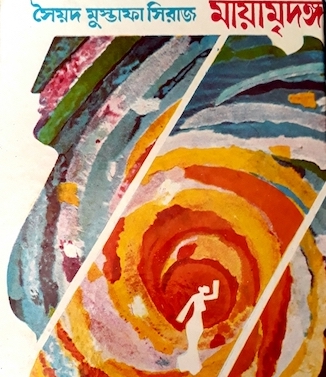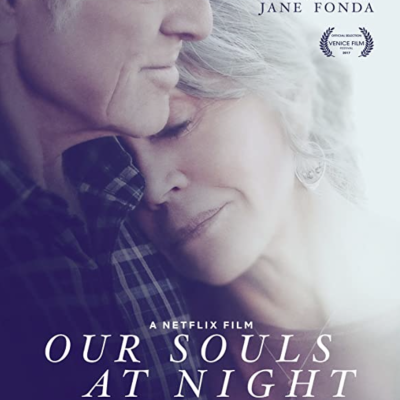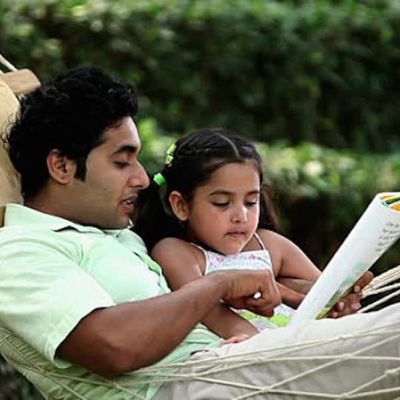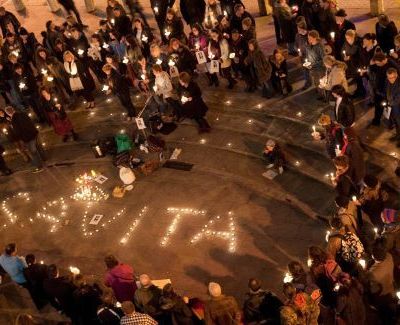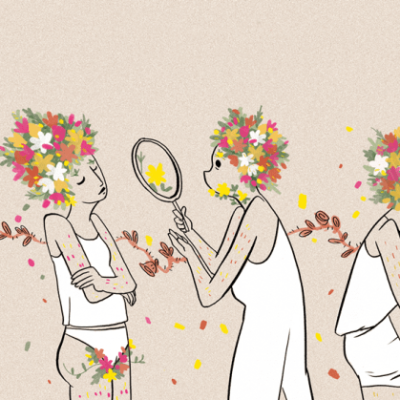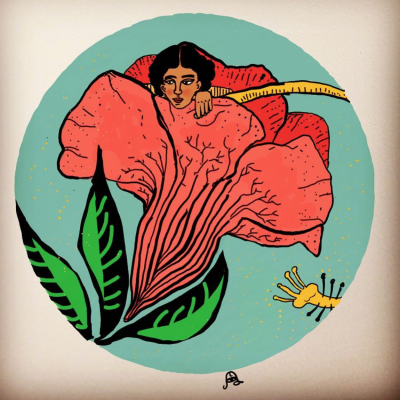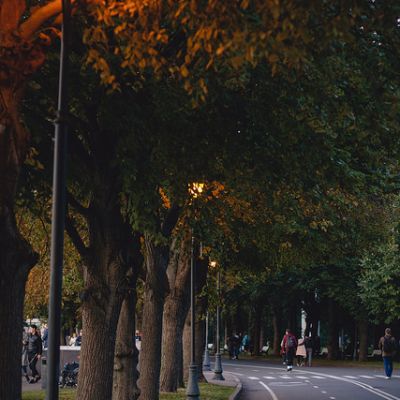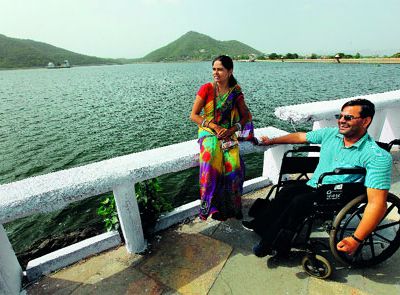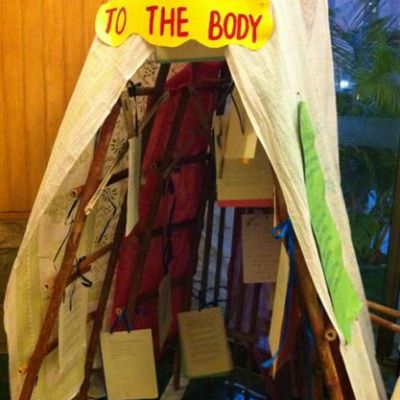Categories
Māyā Mridanga infinitely problematises the nature vs. nurture debate that is central to sexuality studies. The novel seems to suggest that a certain kind of male body – feminine, smooth, shapely – is the ideal raw material for making a chhokra out of a biological man. Ustaad Jhaksa, whose life the novel documents[2], repeatedly emphasises on this act of nurturing, moulding and pruning of a feminine male body for which he has fatherly affection as well as a lover’s lust.
I realised that we are constantly thinking about the future and our life as we age, and are afraid of facing the world alone. The uncertainty of future events, of which there are many combinations, makes us feel insecure and vulnerable.
Looking for birthday gifts for nieces and nephews in a favourite, well-curated bookshop in Delhi, we were dismayed that we couldn’t find any books that told the kinds of stories that we would like for kids today to read and hear.
India has a very liberal abortion law on paper. Compared with global standards, the Indian law that governs abortions, the Medical Termination of Pregnancy Act, allows for abortion for a broad range of indications, making it a very progressive law that has been around for more than four decades. But how many of us really know this?
My body presented to me the first paradox in my feminism that I would encounter. How could I claim to be a feminist if I was not proud of the body I was born in? My advocacy as a sixth grader seemed to fail when it came to my own self.
It was so wonderful when I got sexual pleasure from someone I loved, someone I had fun with, someone I trusted, and someone whom I liked as a person!
On June 27, 2015, the Supreme Court of the United States of America held, “The Fourteenth Amendment requires a state…
While sex sometimes can be fun, and at other times complicated and frustrating –is always love, lust or desire: which one you are signing up for and which one did you want to actually explore?
Six years later (and out of such an abusive relationship), as I sit in a Gender Studies classroom discussing public and private spheres, being introduced to the feminist ideology of the personal being political, I reflect back and see my experiences as emerging from a complex discursive pattern. The peculiar way in which heterosexual romantic relationships are envisaged and the potentiality of them being disruptive of traditional arrangements of companionship requires them to be manifested outside of the four walls of home and family. Yet, one faces a situation of a pathetic lack of safe spaces within the public sphere and the traditional discourse of love being private and contained within the private sphere…
I extend my support and solidarity to people, across the spectrum of gender and sexuality, who want to break closed doors and walls to establish safe spaces where one can love freely, without inhibitions; people who seek to re-define love and intimacy in their own independent, non-patriarchal terms.
“Disabled people are treated like children,” says Nidhi Goyal, founder director of the NGO Rising Flame, a disability rights activist and comedian. This identification makes the non-disabled — a term Goyal prefers using — feel entitled to decide for them.
In the sleepy village of Iveli in Namakkal district in western Tamil Nadu, at a roadside restaurant, a 30-something man,…
SUMMARY Six young men and women, all afflicted by polio, had never thought they would fall in love. Till they…
TO MY BODY: I would have addressed you as ‘Dear’ but perhaps we both know how complicated that would be.

